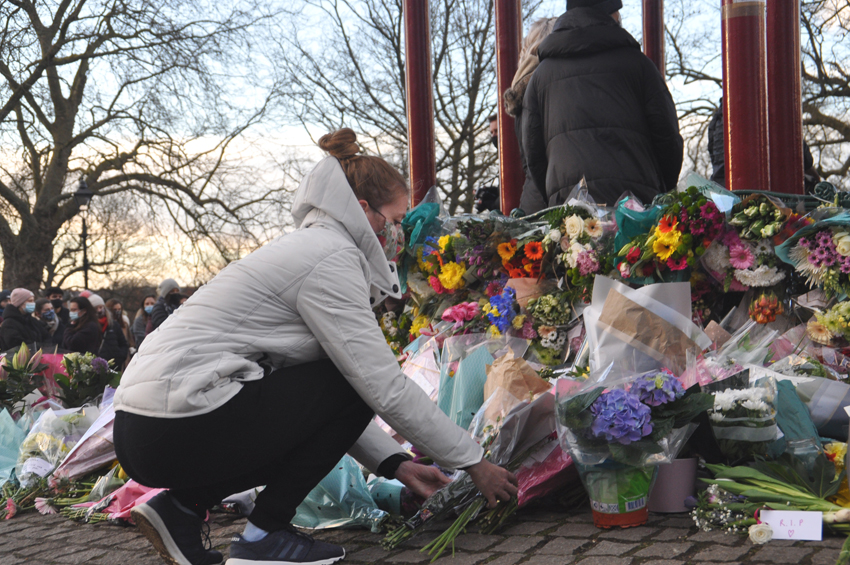
AN activist who was deceived into a relationship with an undercover, spying police officer has won a tribunal case for breaches of her human rights.
Kate Wilson met Mark Kennedy while he was posing as an environmental campaigner in Nottingham in 2003.
It later emerged Kennedy had sexual relationships with as many as 10 other women during his deployment.
The tribunal said the case revealed ‘disturbing and lamentable failings at the most fundamental levels’.
Earlier this year the Investigatory Powers Tribunal (IPT) at the Royal Courts of Justice heard Kennedy had been sent to infiltrate the Sumac Centre in Nottingham in 2003.
Shortly after arriving Kennedy, calling himself Mark Stone, started a relationship with Ms Wilson which lasted for two years before she moved to Spain.
In 2010, she learned his real name and that he was actually a married police officer.
Ms Wilson’s legal action against the Met and the National Police Chiefs Council (NPCC) cited breaches of her right to freedom from inhuman and degrading treatment, her right to privacy and right to freedom of expression.
The Met and NPCC accepted Kennedy’s actions amounted to a breach of those rights.
However, Ms Wilson argued there was ‘widespread indifference, or express or tacit encouragement’ for undercover officers to begin intimate relationships while they were deployed.
In a ruling, the IPT found the Met’s claims that undercover officers (UCOs) knew sexual relationships were banned were ‘materially undermined by the sheer frequency with which Kennedy and other UCOs did conduct sexual relationships without either questions being asked or action being taken by senior officers’.
‘We are driven to the conclusion that either senior officers were quite extraordinarily naive, totally unquestioning or chose to turn a blind eye to conduct which was, certainly in the case of [Kennedy], useful to the operation,’ the tribunal added.
The IPT also found the Met and NPCC’s failure to guard against the risk of UCOs entering into sexual relationships with women amounted to unlawful discrimination against women.
The tribunal concluded: ‘This is not just a case about a renegade police officer who took advantage of his undercover deployment to indulge his sexual proclivities, serious though this aspect of the case unquestionably is.
‘Our findings that the authorisations under [the Regulation of Investigatory Powers Act 2000] were fatally flawed and the undercover operation could not be justified as “necessary in a democratic society” … reveal disturbing and lamentable failings at the most fundamental levels.’
In a statement, Ms Wilson said: ‘The events in my case happened years ago, however the failure of the police to protect women from sexual predators within their own ranks, and police attempts to criminalise protesters, are both still very live issues today.
‘We need to tackle the misogyny and institutional sexism of the police, and there needs to be a fundamental rethink of the powers they are given for the policing of demonstrations and the surveillance of those who take part.’